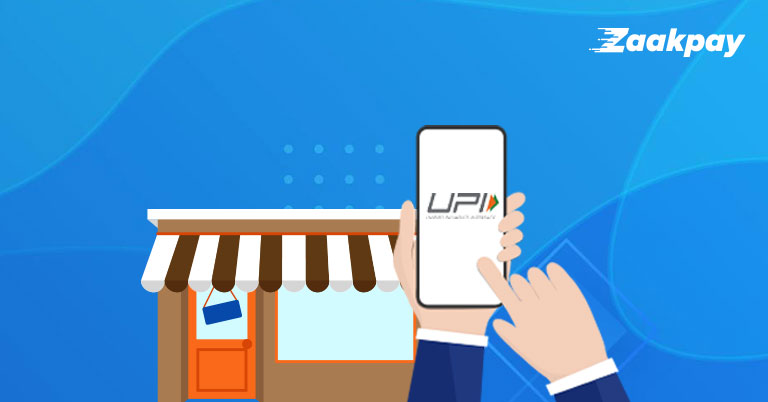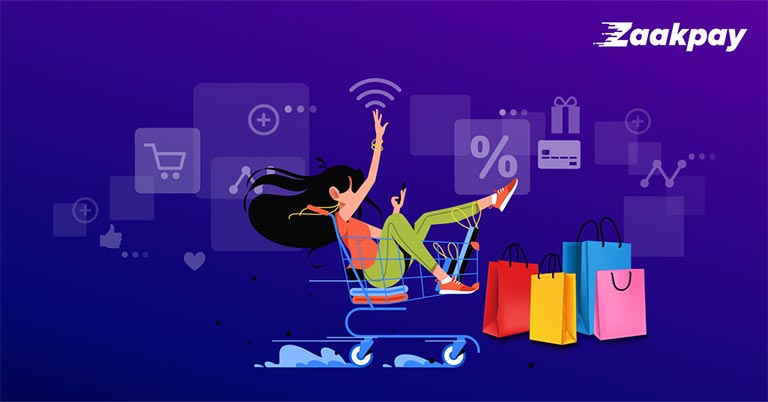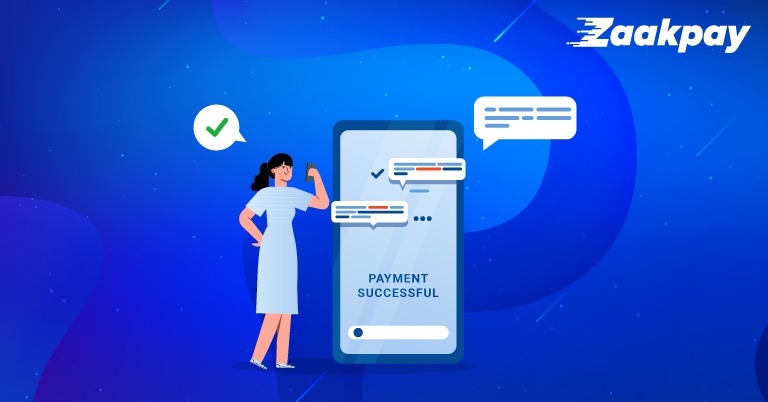Presently, one of the most common digital payment methods in India is Unified Payments Interface or UPI. In addition to being the first choice for fund transfer between peers, it also finds use in customer to merchant payments through a UPI payment gateway. A report claims that over Rs 1.5 lakh crore was paid by customers to merchants via UPI in recent October 2021 alone. The building blocks of this popularity are many, but its foundation lies in UPI’s simplicity of use and high security.
What is UPI? And How does it work?
Unified Payments Interface is managed by the National Payments Corporation of India (NPCI) that collates multiple bank accounts under one mobile application to facilitate online payments. Technically speaking, it is a back-end technological framework for financial institutions to process payments. Contrary to common misconception, UPI is not a payment application but a software code and some regulations using which authorised financial institutions and banks can create their own application.
UPI payments work in a simple, effortless manner. When individuals create an account on some UPI application, they are assigned a UPI code or VPA that uniquely identifies them within the network.
This UPI code is linked to the user’s bank account and phone number, thus, enabling transactions. It must be noted that UPI is very different from mobile wallets, even though they seem similar at first glance. UPI doesn’t incorporate any eWallet in which the customer has to load money before starting any transaction. With UPI, the funds are directly debited from the sender’s account, temporarily stored in the provider’s capital account, only to be transferred immediately to the receiver’s account.
Merchants can best use UPI transactions by incorporating a suitable payment gateway into their system.
How do UPI Payment Gateways ensure the highest form of security?
Since UPI payments are directly executed from the customer’s bank account, the liability in a security breach is enormous. Considering this, merchants need to invest in a secure gateway for all UPI payment collections. Zaakpay ticks off multiple payment security features to offer maximum customer protection. Following are a few of the components commonly used for this purpose.
Data Encryption
UPI gateway services employ one of the many available encryption technologies to protect the customer’s data. Encryption is a simple yet effective mechanism that converts a piece of data into a seemingly gibberish set of characters, known as ciphertext. This conversion is done using an algorithm known only to the encoder and the decoder. The decoder can obtain the original text by reverse applying the same algorithm on the ciphertext. To maintain the system’s integrity, the algorithm used is kept confidential and challenging to comprehend.
The customer’s personal payment information is encrypted using a key, called the public key, in the payment gateway itself before being transmitted to the necessary servers. Only the systems that need access to the information would have the private key to decrypt the ciphertext. Even if any third party were to get hold of the ciphertext during the transmission process, it would be of no use since the key is encrypted with data. This way, gateways create a full-proof mechanism to protect the system’s integrity.
Tokenization
Tokenization is a technology very similar to encryption. However, instead of using a key to convert the data into gibberish, tokenization uses tokens to swap sensitive data for non-sensitive placeholders. All this while, the original data is stored in a different secure environment. The simplest example of tokenization could be the asterisks one sees when entering a password while signing into any service.
Zaakpay is a reliable UPI payment gateway service that actively uses this technology to mask the customer’s data against fraudsters. Tokenization finds use in securing the UPI ID and PIN during UPI transactions.
Secure Sockets Layer
Secure Sockets Layer (SSL) is a security protocol used to validate the authenticity of a website before allowing it to establish a secure connection over an encrypted network with the concerned servers. All of Zaakpay’s servers that host payment gateways have their SSL certification in place to authenticate their identity online when making a transaction. This is crucial to keeping customers’ online payment information secure. Today, most customers are aware of SSL and look for it first when making a payment.
PCI DSS Regulations
Payment Card Industry Data Security Standard (PCI DSS) is a set of regulations for handling sensitive payment information securely. Drafted in the form of 12 objectives or action points, it gives clear directions to the gateway providers on how to protect the data against cyber threats. They cover all best practices for protection, including firewalls, access levels and regular security checks. Before embarking on UPI payment gateway integration, merchants must ensure that their gateway company is PCI DSS compliant.
UPI payments are executed directly from a mobile application and require utmost security from the UPI gateway. Without the PCI DSS logo in the gateway to reinforce the security trust in the customers’ minds, they might be hesitant to continue with the transaction.
Secure Electronic Transaction Protocol
Primarily aimed at protecting card details, it uses digital signatures to collect the information in digital transactions. It also makes use of trusted digital signatures and public-key certificates.
Conclusion
UPI is here to stay. Its popularity and use cases will only rise in the days to come. That makes UPI payment gateway integration a priority for all business owners. Zaakpay, one of the leading payment gateway service providers in India, is ready with its innovative features to support merchants in their endeavour of expanding business by harnessing what UPI brings to the table.
Follow Us on:

